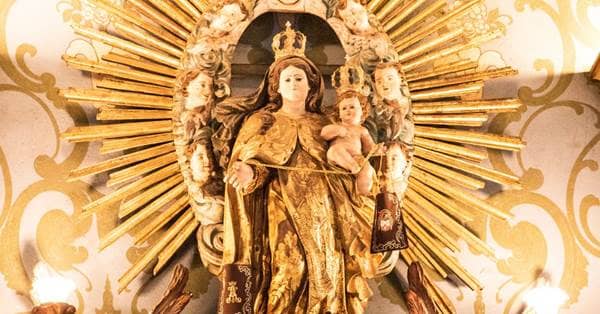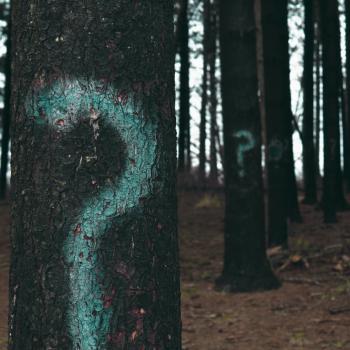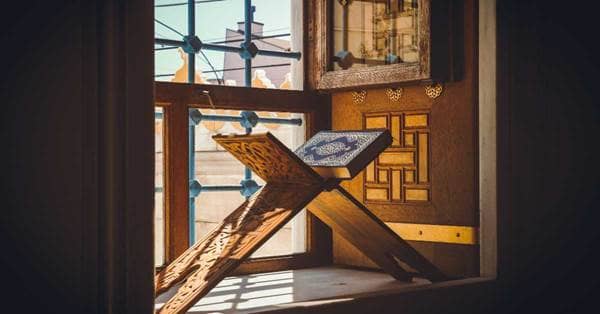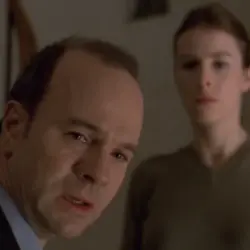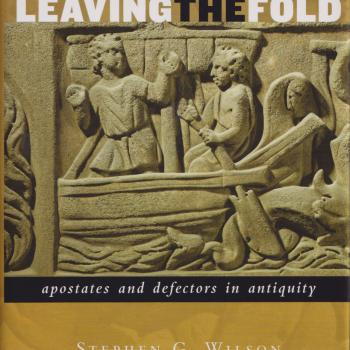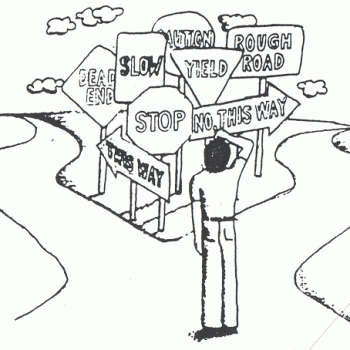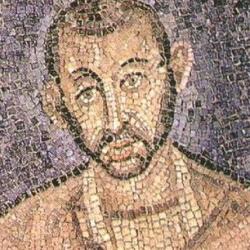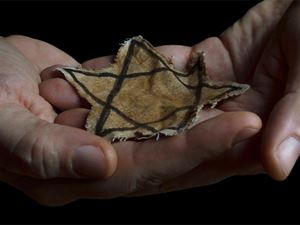
Yom Hashoah literally means ‘the day of utter destruction’ and it is the Hebrew name for Holocaust Remembrance Day, which occurs on the 27th day of the Hebrew month of Nissan, usually in April. The day commemorates the atrocities of the Holocaust, when over 6 million Jews were murdered in Europe during the second World War, and millions more imprisoned, tortured, and sent to labor camps.
The date marks the anniversary of the Warsaw Ghetto uprising, when residents of the Jewish ghetto in Nazi-occupied Poland staged an armed revolt to prevent deportation to concentration camps. The day was established in Israel as a day of commemoration in 1959.
Yom Hashoah is commemorated by remembering those who lost their lives in the Holocaust, and in efforts to understand how such tragedy and evil was able to triumph in the world for those few years. Events will often include reading aloud names of individuals who were killed and lightening candles in commemoration. Families will often set aside time to remember relatives they have lost. Communities will often show Holocaust films or host lectures on the Holocaust. It is also common to ask a survivor, as someone who survived the Holocaust is widely known in the Jewish community, to share their story. The experience of surviving the Holocaust will vary from someone who was sent to a camp to someone who was hidden for years to someone who joined a resistance group. On the morning of Yom Hashoah in Israel, a siren is sounded across the country for two minutes, during which all activity—cars on the highway, joggers in the park, workers in an office, children on the playground—is stopped, and people stand still and remember those who were lost. Religious Jewish communities will often include memorial prayers in their ceremonies of remembrance, such as the Kaddish prayer or the El Ma’aleh Rachamim.
There is also an international Holocaust remembrance day established by the United Nations in 2005, which is commemorated on January 27th each year. This is the day that Auschwitz, one of the concentration camps, was liberated from the Nazis by the Russian army. This day is set aside to remember those killed, and often dedicated to educational programing around the prevention of future genocides. There are different local annual Holocaust Remembrance Days in countries around the world.
In Israel, there has sometimes been resistance to having Yom Hashoah commemorated on the anniversary of the Warsaw Ghetto uprising. This is because some people feel that Yom Hashoah does a disservice to the memory of the victims if it seems to want to remember most strongly those who fought back, instead of mourn all those who lost their lives. In recent years, there has been an effort to include more stories of tragedy and loss, in addition to bravery and heroism during the Holocaust, in official events.
3/14/2023 6:55:27 PM
